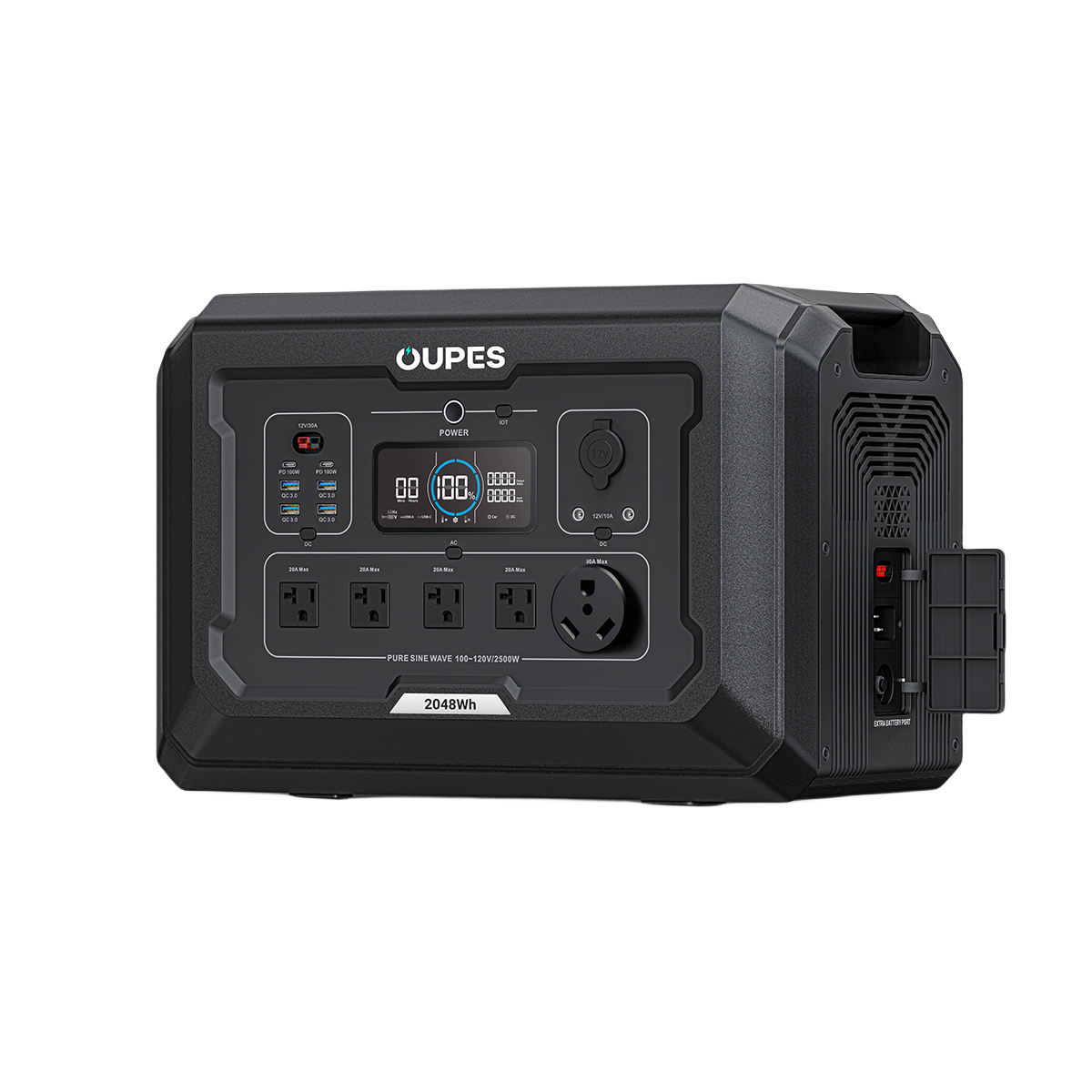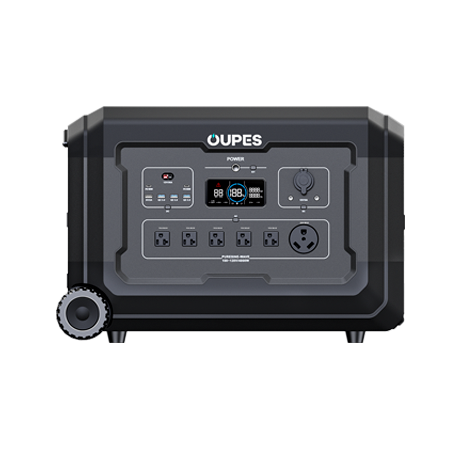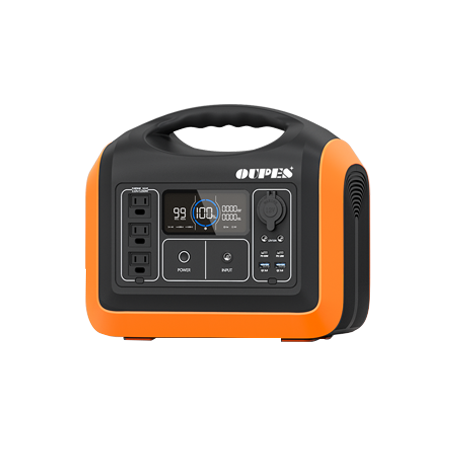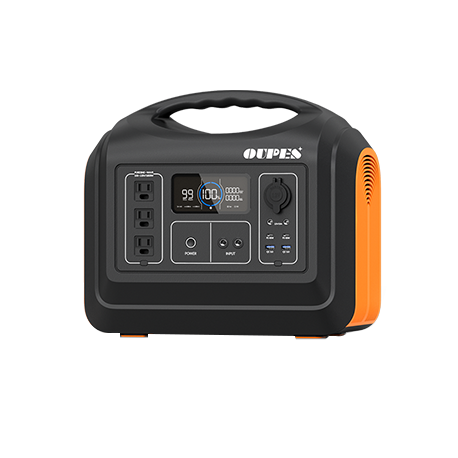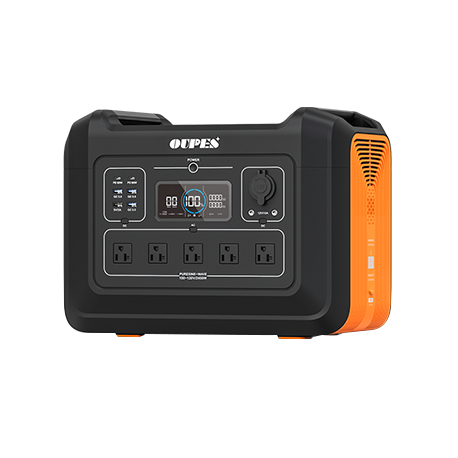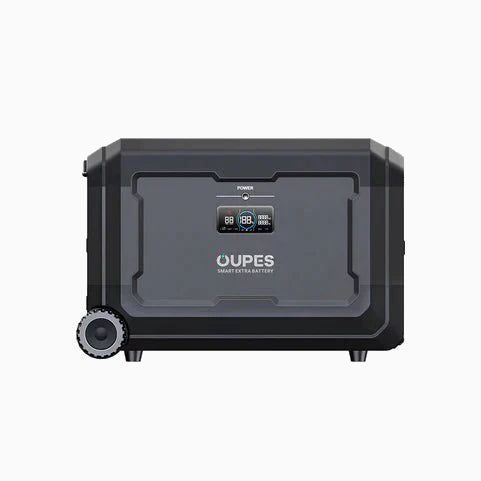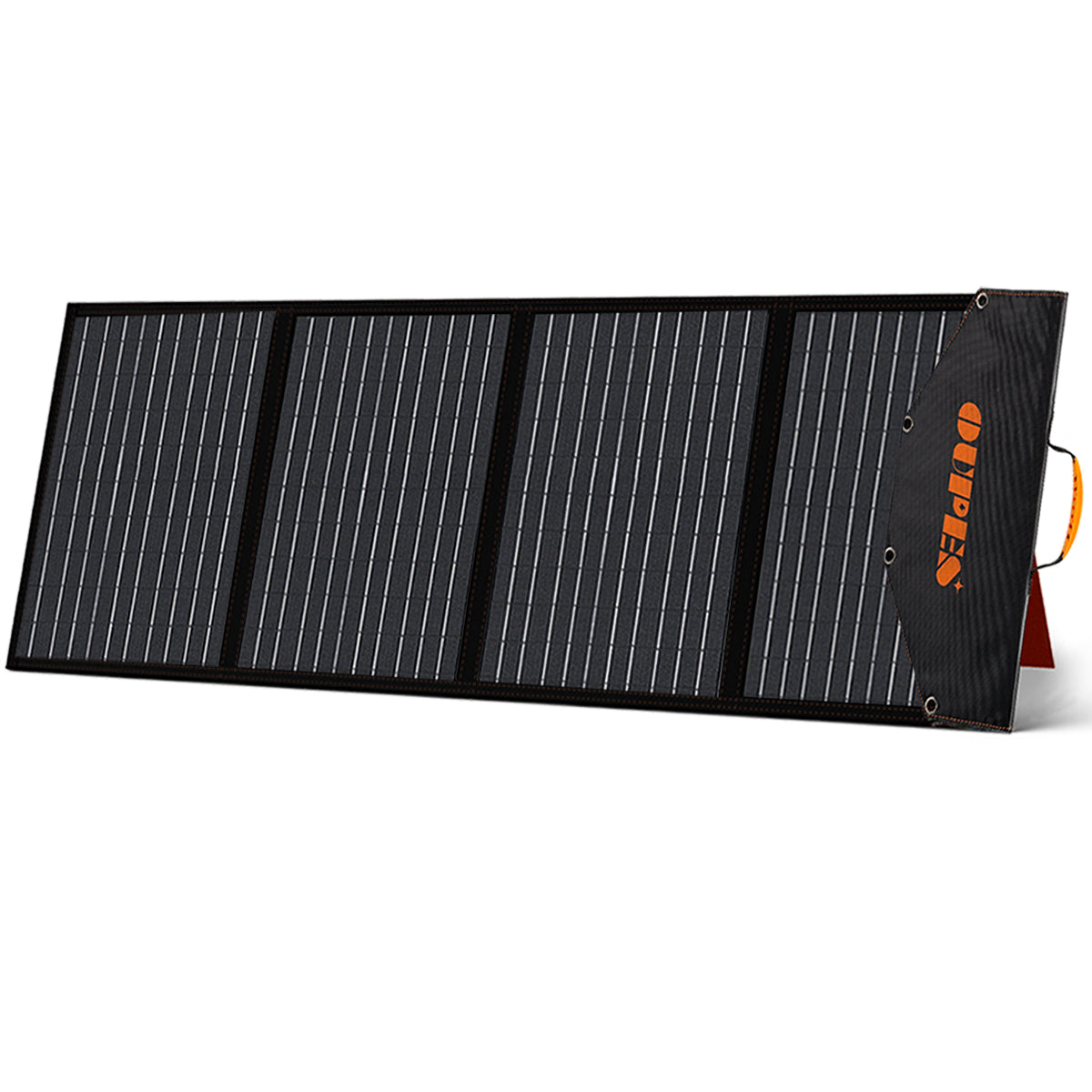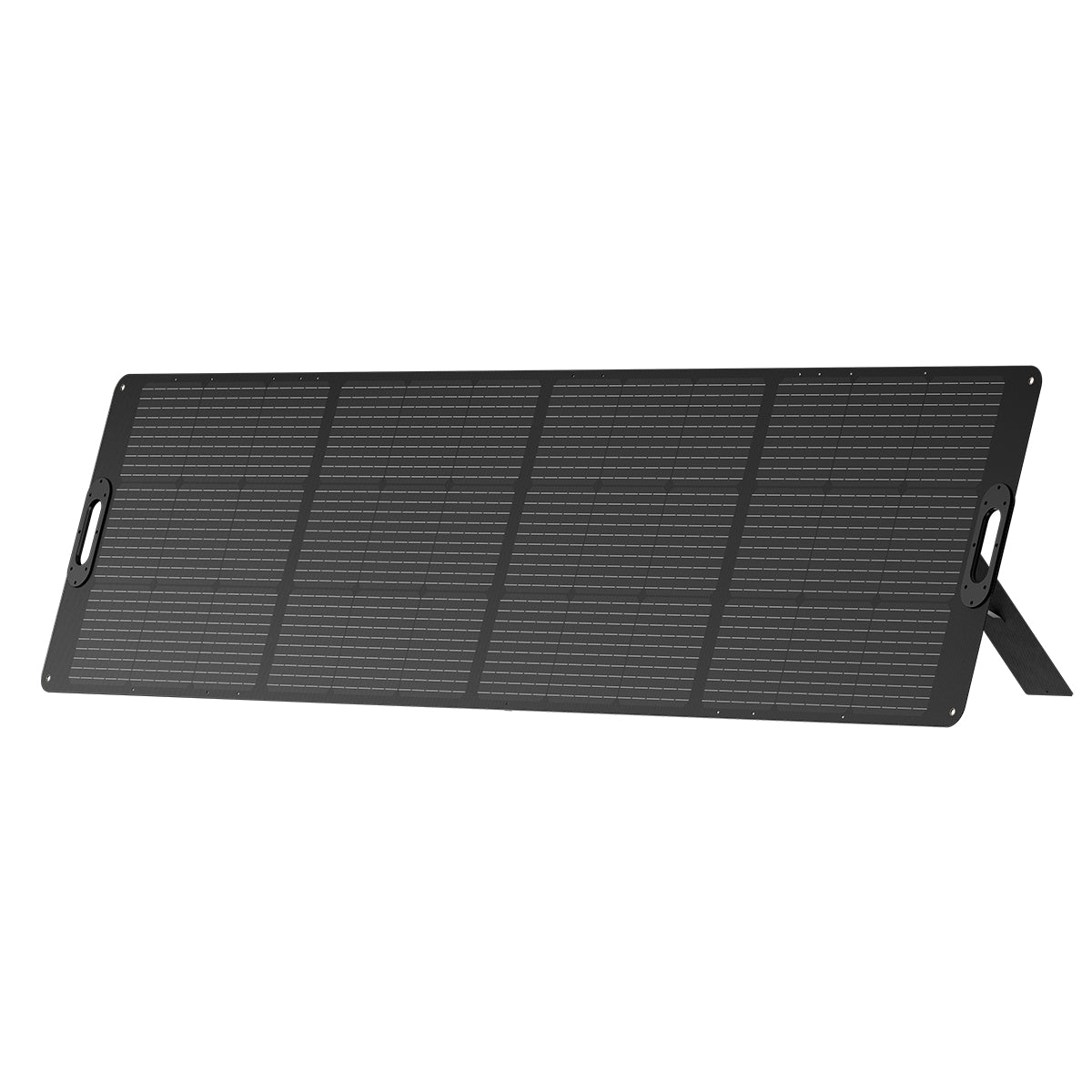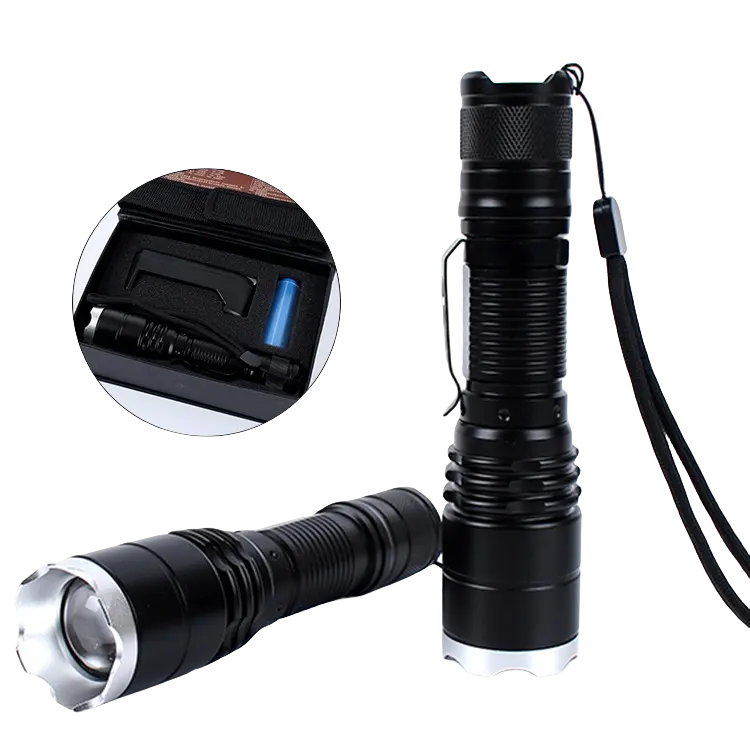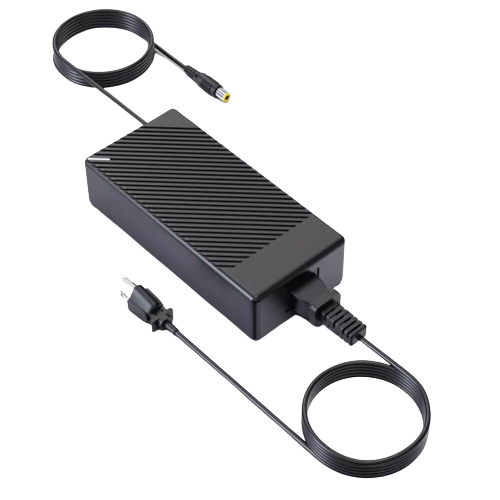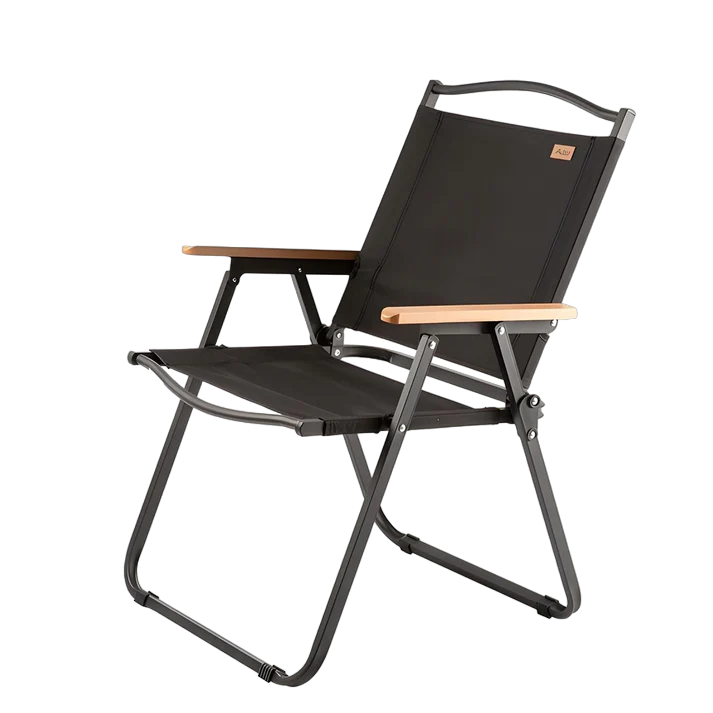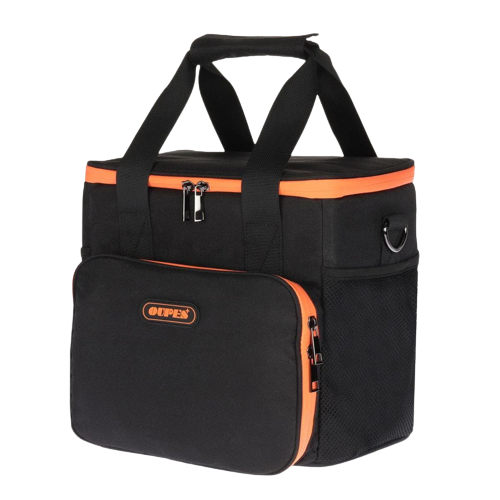Essential Guide to Purchasing Solar Panels for RVs and Travel Trailers: Key Considerations
In recent epochs, an increasing multitude has embraced the nomadic ethos, conducting their lives and vocations from the confines of sprawling recreational vehicles, compact travel trailers, or bespoke camper vans. To truly savor the essence of this boundless existence, a steadfast electrical supply is paramount. None surpasses the colossal celestial orb ascending in the east at dawn.
Incorporating a photovoltaic apparatus into your peripatetic domicile has become significantly less onerous and more economical. Yet, the path is strewn with myriad options, inquiries, and intricacies that aren't inherently lucid. With insights gleaned from a duo of veteran experts, we've crafted this concise manual to ascertain whether solar energy harmonizes with your mobile abode.
What are RV solar panels?

Solar apparatuses for recreational vehicles operate similarly to their domestic and commercial counterparts, albeit in a more compact and nomadic form. Once affixed atop your recreational vehicle, be it a motor home or caravan, these panels harness solar radiance, transmuting it into electrical energy for vehicular use. This harvested power then becomes the lifeblood of your vehicle's internal devices, illuminating your space and energizing the sockets within your mobile abode.
Numerous incentives exist for integrating photovoltaic modules into a recreational vehicle, caravan, or camper. The most palpable reason is that voyaging frequently entails nocturnal stays in locales devoid of straightforward connectivity to the electrical network. The most daring among us nowadays thrive and toil incessantly from the byways, rendering solar energy virtually indispensable.
Can RVs use residential solar panels?
The paramount concern lies in compatibility in integrating residential solar panels with the electrical systems of recreational vehicles. While panels intended for homes are typically more robust and potent, surpassing those crafted for RVs in size, they can be modified for RV utilization with appropriate mounting and power regulation apparatus. The pivotal challenge involves harmonizing the solar panel's output with the RV's battery and electrical framework, ensuring no detriment ensues. Nevertheless, the considerable dimensions and heft of residential panels might pose constraints, given RV rooftops' limited expanse and load-bearing capacity.
Moreover, the feasibility of employing residential solar panels on an RV necessitates the contemplation of mobility and solar exposure. Despite their cost-efficiency and superior energy production, the expansive scale of residential panels may prove less apt for the ever-changing environs of RV voyaging. Their efficacy is optimal when the RV remains stationary, yet may wane during transit. Proprietors might find themselves necessitating tilting mounts or supplementary mechanisms to reposition the panels for maximal solar absorption.
In conclusion, the application of residential solar panels on RVs is feasible, albeit demanding meticulous strategizing and modifications to assure both safety and operational efficiency.
How many RV solar panels do you need?

In contrast to the comprehensive energy systems employed in domiciles and corporate establishments, solar setups for recreational vehicles (RVs) are engineered for a more restrained energy yield. This limitation typically aligns with the reduced electrical demands within an RV, as opposed to the more extensive usage in stationary edifices.
Determining the requisite quantity of solar panels for an RV hinges on several variables. These include your habitual energy consumption, the efficacy of the solar panels, and the quantum of solar irradiation your vehicle is exposed to daily.
Ascertain the requisite dimensions and potency of a nomadic solar apparatus in a manner akin to that employed in a static domestic milieu. Assess the zenith of your energy demands and align your photovoltaic modules to match.
In the context of a recreational vehicle, this task might present itself as less daunting, given the typically reduced array of electrical devices. Yet, a pivotal factor to weigh is the capricious nature of solar illumination your caravan will encounter in its journeys. Contrary to a stationary abode, the position and alignment of your RV are in perpetual flux, suggesting a need for a solar design that accommodates such variability.
Installing an RV solar panel system
Solar panels for recreational vehicles bifurcate into three distinct categories: monocrystalline, polycrystalline, and amorphous.
- Monocrystalline panels: renowned for their paramount efficiency, excel in harnessing solar energy swiftly and abundantly.
- Polycrystalline panels: though marginally less efficacious, stand out for their robustness and steadfast performance.
- Amorphous panels: despite trailing in efficiency, boast a pliable and svelte design, facilitating effortless installation and weight reduction.
Beyond solar panels, an array of ancillary components is essential to actualize a fully operational RV solar system, including:
- A solar inverter: pivotal in transmuting solar-derived DC into usable AC power.
- A charge controller: a safeguard against the perils of overcharging the energy reservoir.
- A solar battery: a repository for the harvested solar energy.
Navigating the challenges of sustaining battery life solely through solar means often necessitates an auxiliary power source. Numerous wanderers opt for a gas or propane generator as a supplementary power solution. Galiardi and Hutchison have devised a method to replenish their lithium batteries by harnessing the power of their vehicle in transit.
Galiardi extols the virtues of self-heating batteries, particularly when encamping in chillier environments.
This necessity is predominantly pronounced with lithium batteries. Despite their superior efficiency, minimal upkeep, and extended longevity compared to their flooded lead-acid counterparts, they exhibit heightened sensitivity to frigid temperatures.
In conclusion, possessing a cable to connect to the electrical grid for recharging, whenever accessible, is deemed essential by many.
RV solar panel maintenance

Solar energy apparatuses demand minimal upkeep. Should you voyage through regions besieged by dust or gusts, a cursory cleansing of your panels might be requisite to maintain their optimal functional capacity?
Journeys can incrementally augment the wear on a panel's junctures. Albeit standard solar panel junctures boast robust resistance to the elements, it behooves one to periodically scrutinize the system for any indications of degradation, loosening of connections, or oxidation.
Undertaking repairs on these components sans the supervision of a seasoned electrician is ill-advised. Be cognizant of the fact that panels are capable of energy production in the presence of sunlight, irrespective of cloud cover, thus always approach any connections with the presumption of them being energized circuits.
Cost and rebates
The aggregate expenditure for your solar apparatus hinges on variables such as the category of panels selected and the magnitude of electrical generation required. Should your power requisites be substantial, the necessity to procure additional apparatus escalates, thereby augmenting the overall financial outlay.
OUPES 240W Solar Panels are entirely monocrystalline panels. Although the price is slightly higher than polycrystalline solar panels, they are more efficient and have a longer service life. The efficiency of OUPES Solar Panels is as high as 22%, which is far ahead of the industry average and is very suitable for RV travel.
Another crucial factor affecting the cost is the scale of electricity generation you need. This is determined by your energy consumption patterns. The OUPES 480W Solar Panel has ultra-high power and can easily support your RV travels.
Are RV solar panels right for you?

Digging deeper into renewable energy for recreational vehicles (RVs) requires a key decision: Are RV solar panels the best choice for your needs? This decision depends on several key factors, each of which deserves careful consideration.
Start by checking your RV’s customary usage. If your adventurous behavior often leads you to secluded locations, far from the grasp of conventional energy sources, OUPES solar panels will serve as a beacon of self-reliance. They capture the sun’s celestial energy, providing a sustainable and environmentally friendly way to meet your RV’s power needs.
Next, consider the weather conditions and terrain you are accustomed to traveling through. Solar panels thrive under the bright sunshine, which is a boon for sailors who prefer sunny destinations. Even on cloudy days, OUPES solar panels maintain their operational capabilities.
Then, assess your energy needs. Solar panels excel at meeting basic needs such as lighting, charging small devices, and powering common appliances. When combined with an OUPES Solar Generator, your RV will be able to support more energy-intensive devices such as air conditioners, TVs, and more.
Finally, weigh the initial outlay against the expected long-term financial benefits. Although the initial expense of solar panels can be high, over time they can significantly reduce costs by reducing or possibly eliminating the need for fuel to power your campsite or generator.
Conclusion
RV solar panels are an ideal choice for the eco-conscious and cost-effective traveler, offering a sustainable way to power journeys. They align well with various travel habits and energy needs, particularly for those who venture off-grid. The initial investment is offset by long-term savings from reduced reliance on external power sources, making them financially advantageous.
Moreover, advancements in solar technology ensure their effectiveness in diverse environmental conditions, enhancing their appeal to a wide range of travelers seeking autonomy and a reduced carbon footprint on their adventures.

